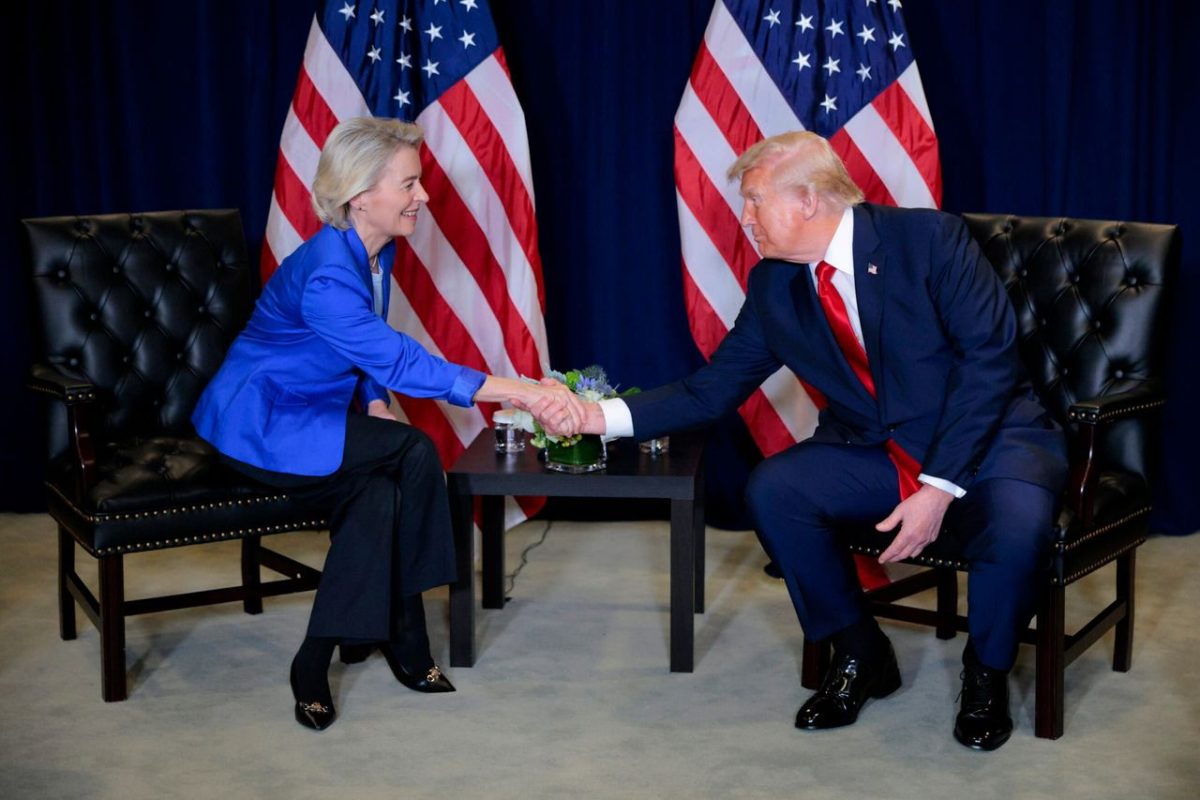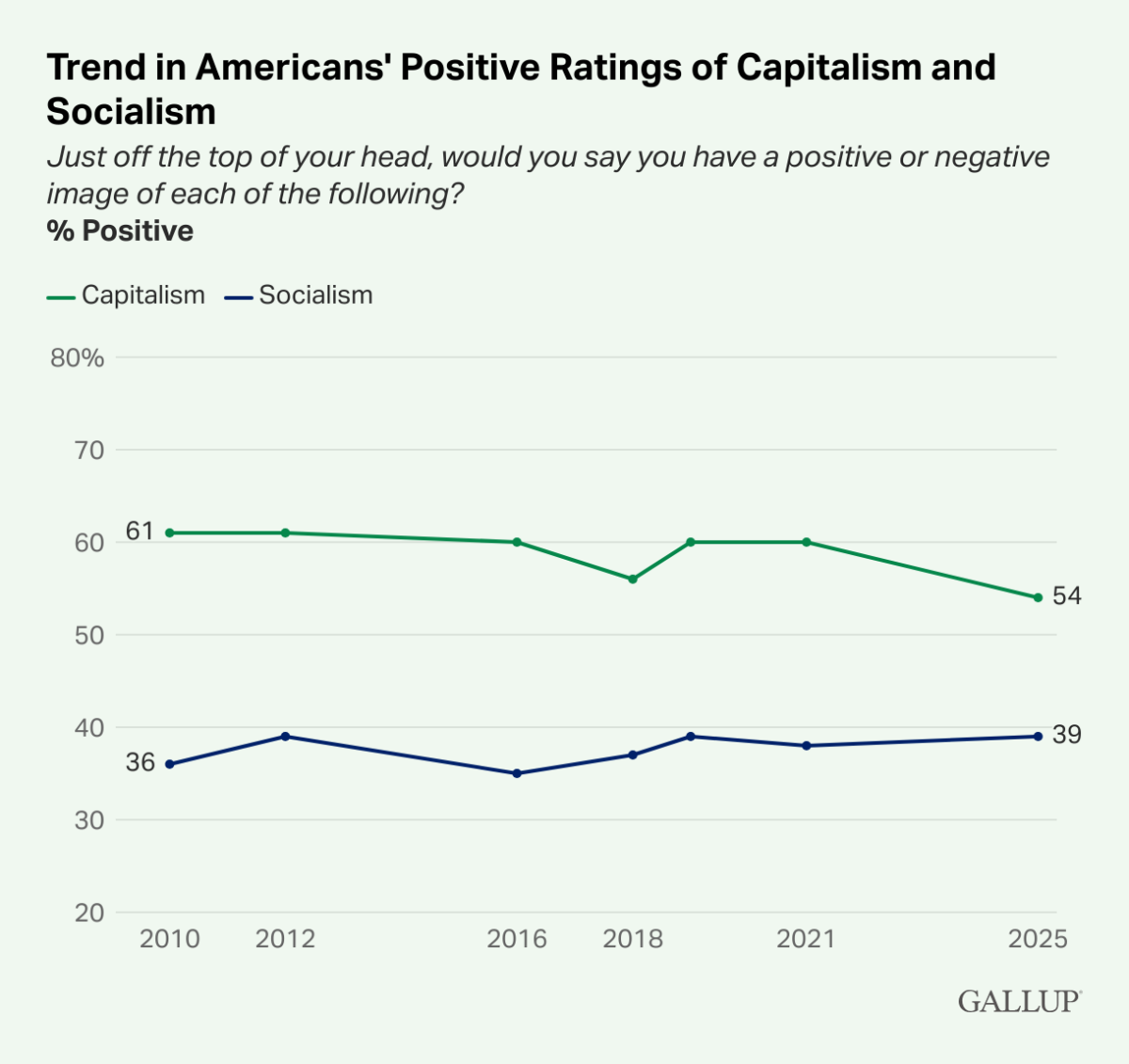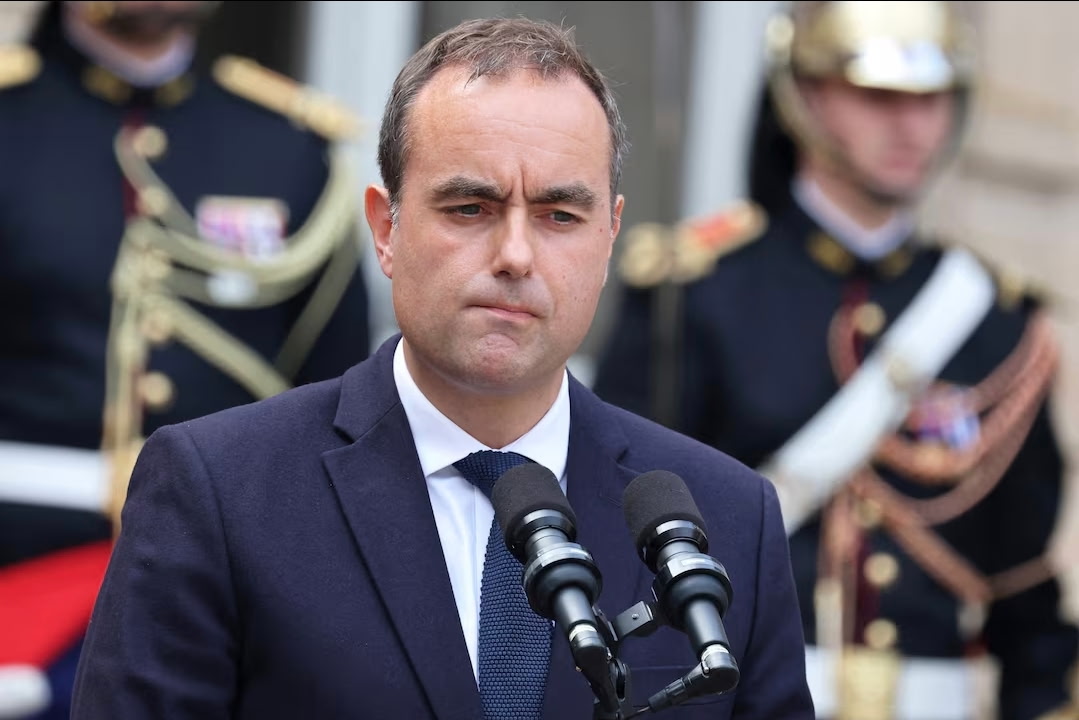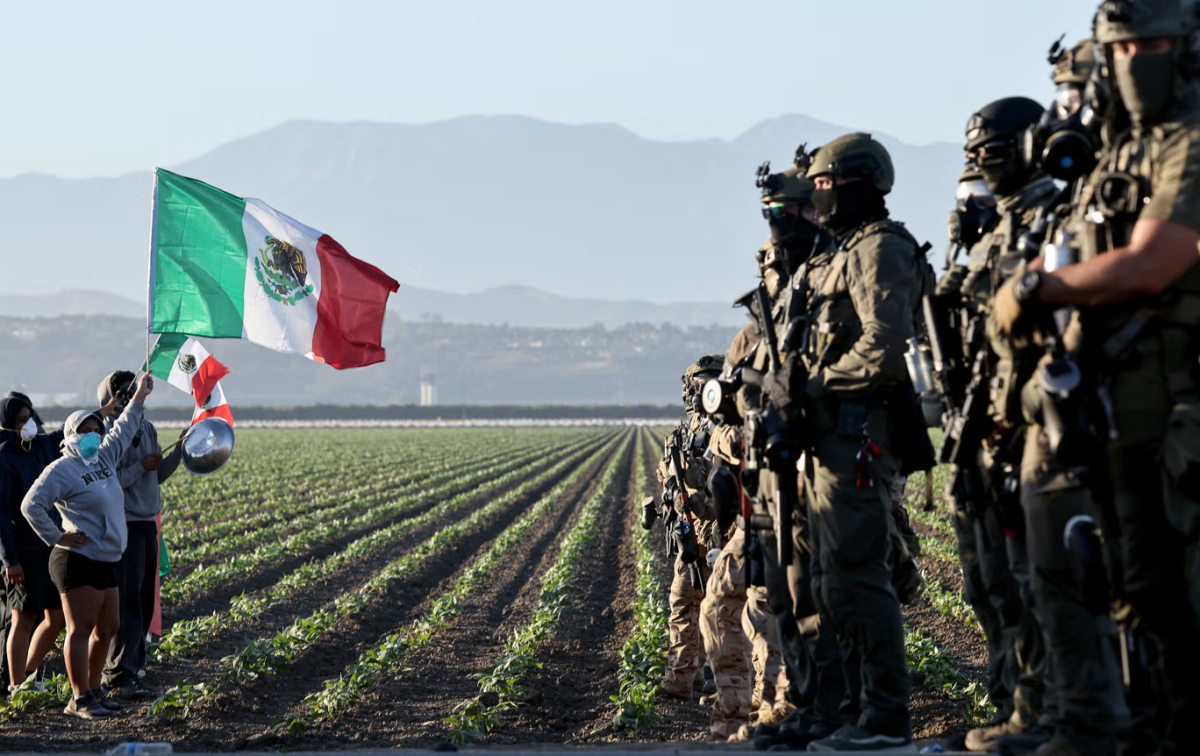Multiple diplomatic meetings between European countries of the European Union and the United States were held through September 6 to September 9 of this year. These meetings have caused President Trump and European leaders to discuss putting pressure and punishment on Russia for their actions in the Russo-Ukrainian war. This has led to new potential consequences to Russia for the war, including new tariffs on allies and loss of energy trade with Europe.
President Trump has told EU officials that he wants to impose a 100% tariff on both India and China, on top of the tariffs already imposed on these countries, and wants Brussels, the unofficial capital of the EU, to follow suit. The US wants to implement these tariffs due to the large amount of energy that India and China buy from Russia, so theoretically, they would be dissuaded from further trade with Russia. While Trump likes to use tariffs in order to get what he wants, the EU considers trade to be very important, with senior policy fellow at the European Council of Foreign Relations Agathe Demarais saying, “We don’t do tariffs. We are a trading bloc. We are exporters. Exports are the engine of the EU economy. This is our DNA…” The EU prefers to use other political tools such as sanctions in order to achieve foreign policy goals, with the EU creating its 19th sanction package against Russia when the war started. They claim that not only does it go against their values of free trade, but it would also cause serious harm to themselves, due to India and China being such large trading partners with the EU.
President Trump has also called on the EU to stop buying Russian fossil fuels, the funds from which are used to fuel the Russian war effort, with this leverage helping EU politicians who are already pushing to stop the purchase of Russian fossil fuels. US Energy Secretary Chris Wright landed in Brussels to cement a deal made between Trump and the president of the European Commission, Ursula von der Leyen, for the EU to buy an additional $750 billion of American gas, oil, and nuclear energy. This is a deal which will help the US meet the increasing energy demands of Europe if they were to stop purchasing from Russia, with EU Energy Commissioner Dan Jørgensen stating that he intends to accelerate the EU’s commitment to end all imports of Russian natural gas by the end of 2027, potentially bringing the deadline forward if it can be agreed as part of a compromise with other member countries. If the EU were to begin replacing fuel from Russia with fuel from America, this would greatly help the American economy while at the same time hurting the Russian economy and war effort.
While these meetings were productive in pushing the ball forward on American pressure toward Russia, they weren’t perfect. As stated, the EU completely disagrees with the idea of tariffs, with them even claiming that Trump intentionally made impossible demands to avoid pressure on Russia, with Demarais saying, “The partners will say no, because there is no way on earth that the EU is going to impose tariffs, especially at that level, on China and India, and then say, OK, so our partners refuse to go forward, and so we cannot move forward.” While nothing is concrete yet, it is possible that the content of these meetings will go on to affect the Russo-Ukrainian war.








